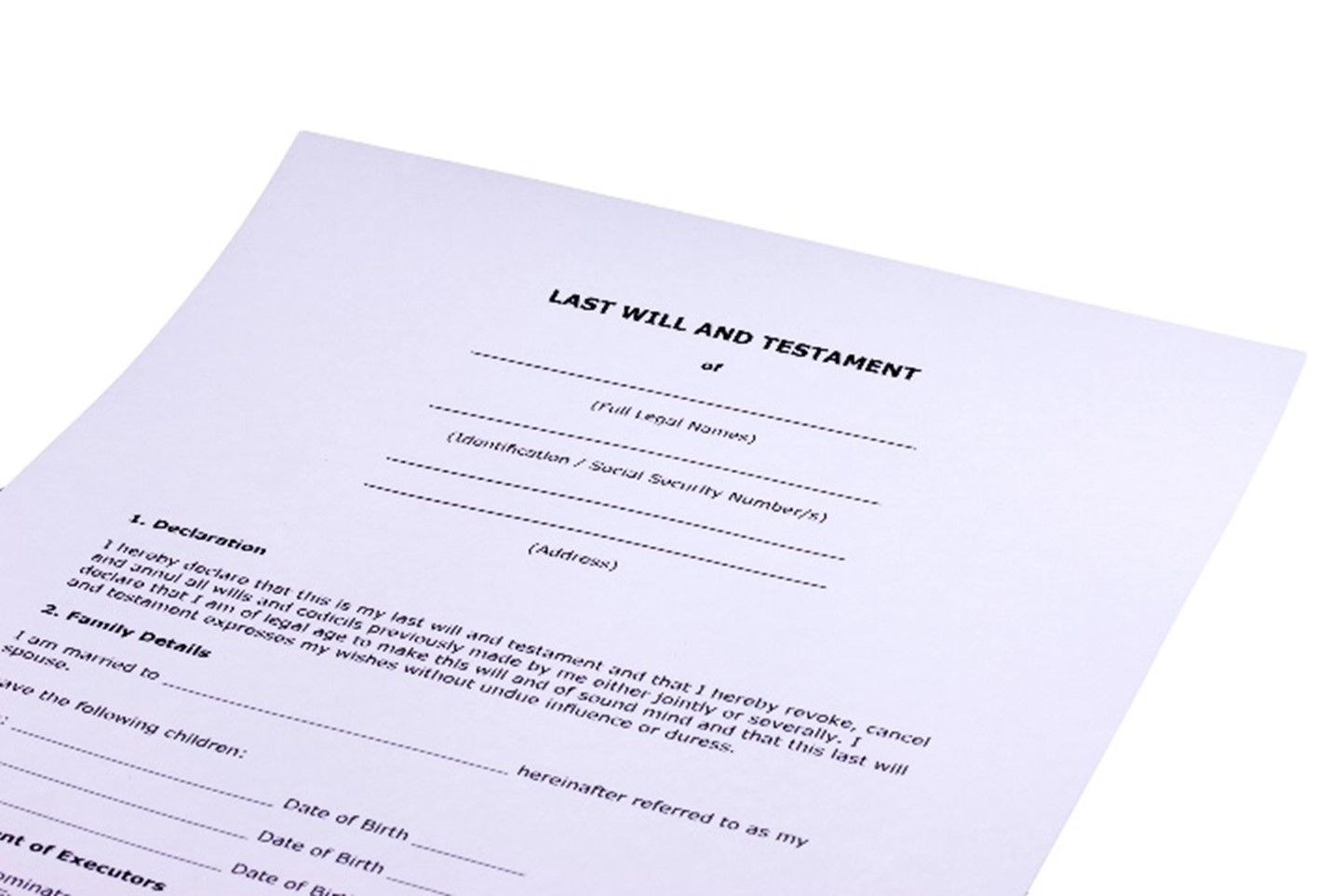Exploring the Steps of Writing Your Will: Living Will Drafting Services in Las Vegas, NV
Writing a will is one of the most important steps in estate planning. It ensures your assets, belongings, and intentions are clearly documented, providing peace of mind for you and your loved ones. Despite its significance, the process can feel overwhelming. However, understanding each step can simplify the task and empower you to take control of your future. By following a structured approach, writing your will becomes manageable, ensuring that your wishes are respected.
Understand Why Writing a Will Matters in Las Vegas, NV
Crafting a will is about more than dictating who inherits your assets. It’s about making deliberate decisions regarding your estate, protecting loved ones, and reducing the potential for family disputes. Writing a will also allows you to name a Personal Representative who will oversee the administration of your estate. Without one, the courts decide how your belongings are distributed, which may not align with your preferences. Understanding this underscores the importance of initiating the process.
Take Inventory of Your Assets
Start by creating a thorough list of all your possessions. This includes tangible items like real estate, vehicles, and treasured heirlooms, as well as intangible assets such as investments, savings accounts, and insurance policies. Having a comprehensive overview allows you to distribute your estate according to your wishes. Remember to also consider any debts or obligations tied to your assets to ensure clarity during the planning process.
Identify Your Beneficiaries
Deciding who will inherit your belongings is a central part of writing a will. Your beneficiaries may include family members, friends, or even charitable organizations that are meaningful to you. Be specific when naming individuals to avoid misunderstandings. If applicable, account for alternate beneficiaries in case your primary choices cannot accept the inheritance.
Choose a Personal Representative
A Personal Representative manages your estate according to the instructions outlined in your will. Select someone trustworthy and capable of handling financial matters. It’s a significant responsibility, and the person you choose should feel comfortable fulfilling the role. Consider discussing your decision with the individual beforehand to ensure their willingness and understanding of the task.
Consider Guardianship for Minor Children and Yourself
If you have minor children, your will provides an opportunity to outline their guardianship. This decision ensures their care is entrusted to someone you trust in the event of your passing. Naming a guardian can prevent legal battles and provide stability for your children. Ensure the guardian you choose is aware of your decision and is prepared to assume responsibility. The court also gives preference to the person you name in your estate planning to be your guardian if the need arises, so it is good to name that person as well.
Clearly Outline Your Wishes
Once your assets, beneficiaries, and Personal Representative are identified, clearly state how you want your estate to be distributed. Use precise language to avoid ambiguity. Include special instructions for significant or sentimental items, as these can sometimes cause disagreements among heirs. Additionally, consider explaining your reasoning for certain decisions to provide clarity and reduce potential disputes.
Review Legal Requirements
Each state has specific legal requirements for creating a valid will. Familiarize yourself with these regulations to ensure your document is enforceable. This typically involves being of legal age to write a will, creating the document voluntarily, and having the capacity to understand its implications. A properly drafted will often require witnesses who observe you signing it and affirm its validity.
Store Your Will Securely
Once your will is complete, store it in a secure location that is easily accessible to your Personal Representative. Share information about where it is located to ensure it can be retrieved when needed. Avoid placing it in a safety deposit box unless your Personal Representative has the proper authority to access it. Digital copies may also serve as backups, but only the original signed version will be legally binding.
Regularly Update Your Will
Major life changes, including childbirth or marriage, require you to update your will. Set aside time to review it periodically and make necessary adjustments to reflect significant life events. Keeping it current ensures your wishes are honored and prevents unintentional discrepancies.
Seek Professional Guidance
While writing a basic will can be straightforward, consulting an estate planning professional is often beneficial. An expert can provide guidance on complex situations, ensure legal compliance, and help you craft a document that effectively addresses your needs. Their expertise simplifies the process, giving you confidence that your will is properly prepared.
At Escobar & Associates Law Firm, Ltd., we provide Living Will Drafting Services in Las Vegas, NV, ensuring that your estate planning needs are met with accuracy and care. Writing a will is a crucial step in taking control of your estate and protecting your loved ones. By addressing each step carefully, you can create a clear, legally valid document that reflects your intentions. The result is peace of mind and a meaningful legacy for those you care about most.
Consult with Escobar & Associates Law Firm, Ltd. today to learn more about Living Will Drafting Services in Las Vegas, NV, and take the first step in securing your future.
QUICK LINKS
CONTACT INFORMATION
Phone: 702-789-1422
Fax: 702-304-8265
Email: [email protected]
Address: 150 North Durango Drive Ste 230 Las Vegas, NV 89145
- Mon - Thu
- -
- Friday
- -
- Sat - Sun
- Closed
For over 30 years Escobar & Associates has been providing clients the personalized attention to their legal issues that they deserve. Christy Brad Escobar has sought to help individuals use the law effectively to improve their lives by building strong and successful families.




